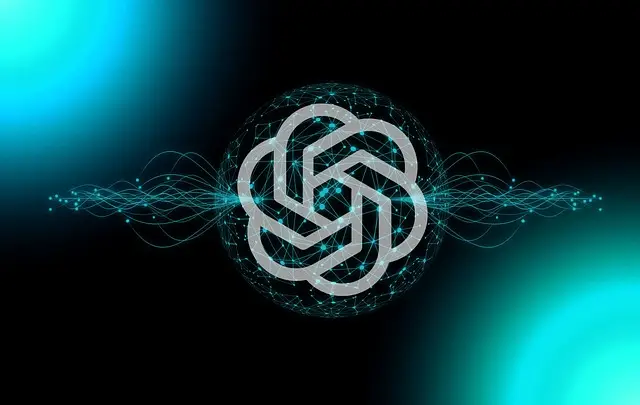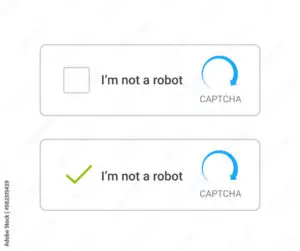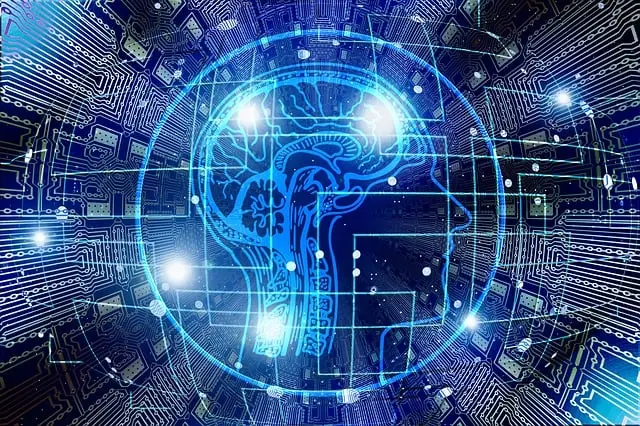Introduction
ChatGPT has revolutionized conversational AI with its impressive capabilities, making it a valuable tool in various applications. However, like any technology, it has both strengths and limitations. In this post, we’ll explore what ChatGPT does well and where it falls short, helping to better understand its potential and areas for improvement.
Strengths of ChatGPT
- Advanced Natural Language Processing – ChatGPT can understand and generate human-like text, making it highly effective for customer support, content creation, and social media management.
- Fast Response Time – It processes and delivers responses within seconds, making it ideal for real-time communication and problem-solving.
- Customizable for Different Needs – Businesses can fine-tune ChatGPT to suit specific industries, ensuring tailored responses and enhanced functionality.
- Multilingual Capabilities – With support for multiple languages, ChatGPT is a powerful tool for global businesses and cross-cultural communication.
- Scalability – It can handle a high volume of requests simultaneously, making it an excellent choice for platforms with heavy traffic.
Limitations of ChatGPT
- Limited Knowledge – ChatGPT’s knowledge is based on its training data, which may not always be current or comprehensive, leading to outdated or inaccurate responses.
- Context Awareness Issues – It may struggle to grasp the full context of a conversation, sometimes generating irrelevant or confusing replies.
- Ethical Concerns – There’s a risk of bias, misinformation, or offensive content, raising ethical concerns, especially in sensitive discussions.
- Dependence on Input Quality – The accuracy of ChatGPT’s responses depends on the clarity of the input. Poorly worded or vague queries can lead to unclear or incorrect answers.
- Inability to Verify Information – ChatGPT cannot fact-check or confirm the accuracy of its responses, which may contribute to the spread of false or misleading information.
Conclusion
ChatGPT has made significant strides in AI-driven communication, offering powerful features that enhance productivity and efficiency. However, its limitations highlight the need for continued development. By addressing these challenges, future versions of ChatGPT can become even more reliable, versatile, and impactful across various industries.




